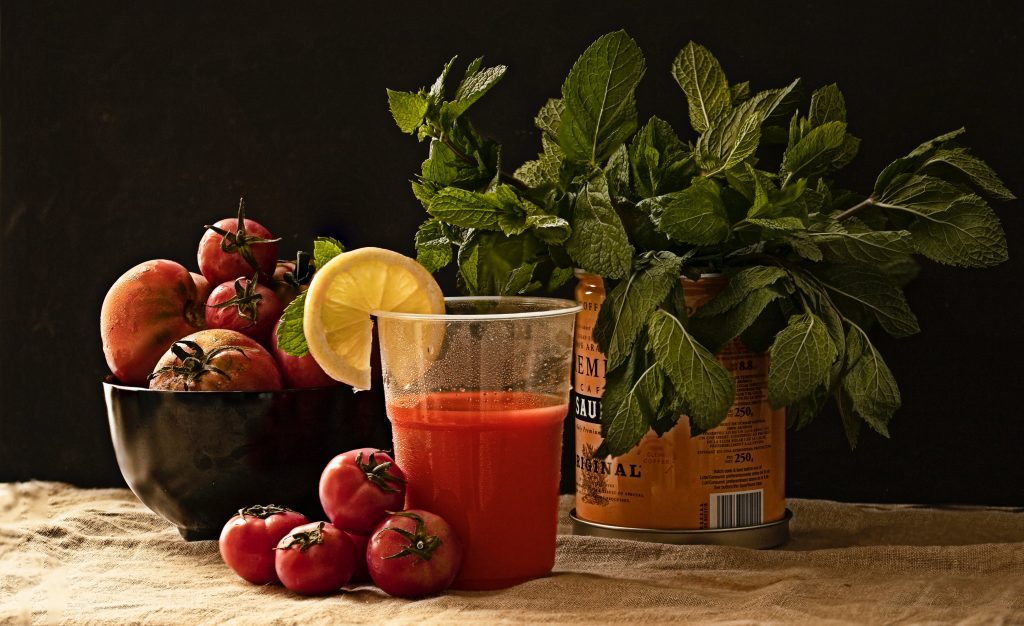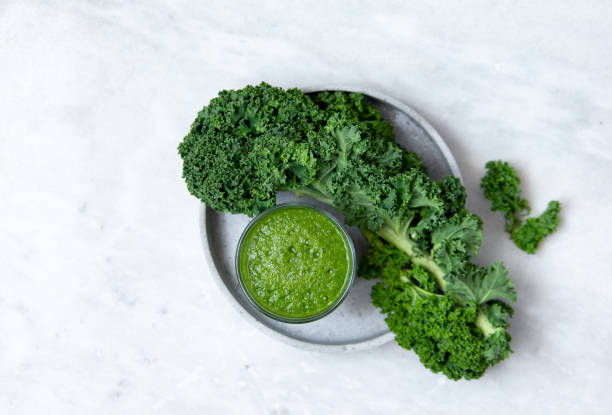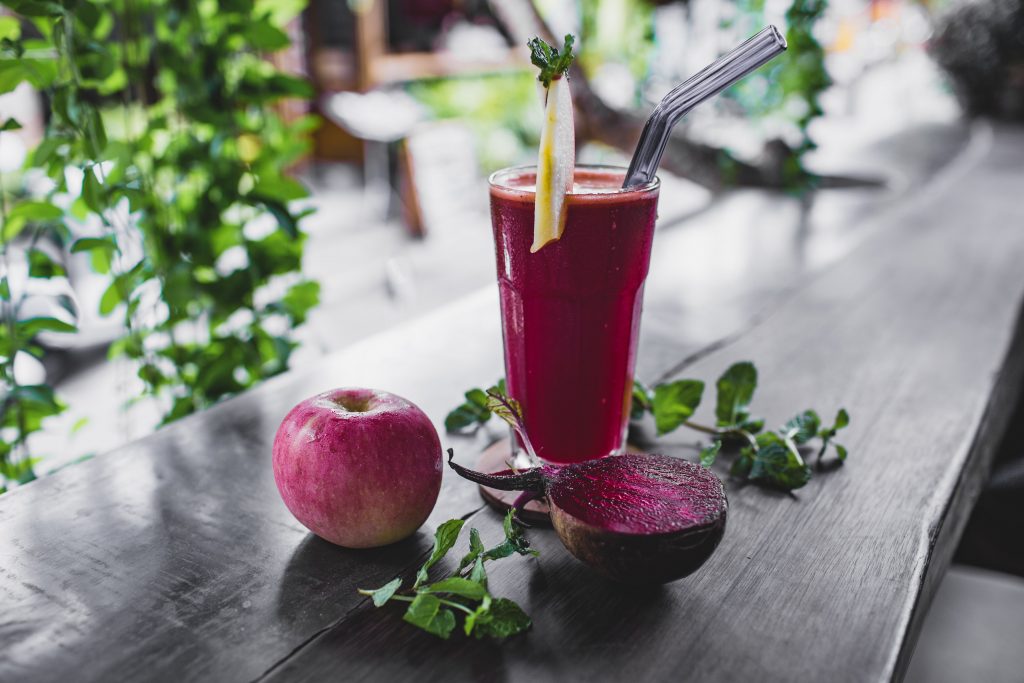Vegetables are a delicious and nutritious addition to any meal, but why not try making fresh health juices from your own garden-grown veggies?
Veggie juices are packed with vitamins, minerals, and antioxidants that can support weight loss and are a healthy alternative to your morning coffee.
Here are 6 veggies you can grow to make the best vegetable juices:
1. Carrots
High in nutrients, potassium and vitamin A, these natural sweet veggies are packed with low-calorie counts. Carrots are sweet, complementing other juiced fruits and vegetables, such as citrus and ginger. Their carotenoids work well as antioxidants in our bodies too. Due to their slightly sweet flavour and impressive nutrient profile, carrots are a perfect choice for juicing.

Image Credit: Pexels
2. Tomatoes
Is a tomato a vegetable or a fruit? That has been a question amongst many people. Tomatoes have powerful anti-inflammatory effects and are rich in vitamin C and potassium. They are usually the best kitchen staple, for making hearty sauces and soups. However, they may add a savoury taste to juicing recipes that are rich in nutrients. Drinking tomato juice can reduce inflammation and boost your metabolism.

Image Credit: Pexels
3. Cucumbers
Cucumbers are high in potassium, and vitamins K and C. These vitamins help to keep you hydrated and may reduce skin inflammation. This makes cucumber juice an excellent choice after days spent in the sun. People use cucumbers as hydration juices because of their high water content, and adding it to your diet can be quite beneficial.

Image Credit: Pexels
4. Beetroot
Beetroot helps lower blood pressure and improve athletic performance and brain health. Beets are high in nutrients such as manganese and folate. The benefit of beets helping your blood pressure has been shown to work over the years. Even though their effects on blood pressure are only temporary, they are still considered a good dietary addition and juicing them helps in providing all the necessary nutrients needed to decrease elevated blood pressure levels, which are a major risk factor for heart disease.

Image Credit: Pexels
5. Kale
This versatile leafy green with a mild flavour pairs well with other fruits and veggies in juices. Packed with ingredients that are a great source of several key nutrients, including vitamins A, C, and K. Kale has been shown to improve heart disease risk factors. Low in calories, but big in nutrition, kale contains the important antioxidants needed to help neutralise the likelihood of chronic conditions.

Image Credit: Pexels
6. Broccoli
Broccoli is rich in potassium and vitamins A, B6, and C. Broccoli has been tied to various impressive health benefits. When juicing broccoli, toss the broccoli heads and stems into your juicer for that extra nutritious addition. Making your veggie juice with broccoli can help reduce inflammation, keep blood sugar stable, and strengthen the immune system. It is a beneficial green veggie and pairs well with citrus for that added sweetness.

Image Credit: Pexels
You can juice a wide variety of vegetables, each providing a unique set of nutrients and health benefits.
ALSO SEE: Superfoods that won’t break the budget
Article originally published on Garden&Home
Feature image: Pexels

